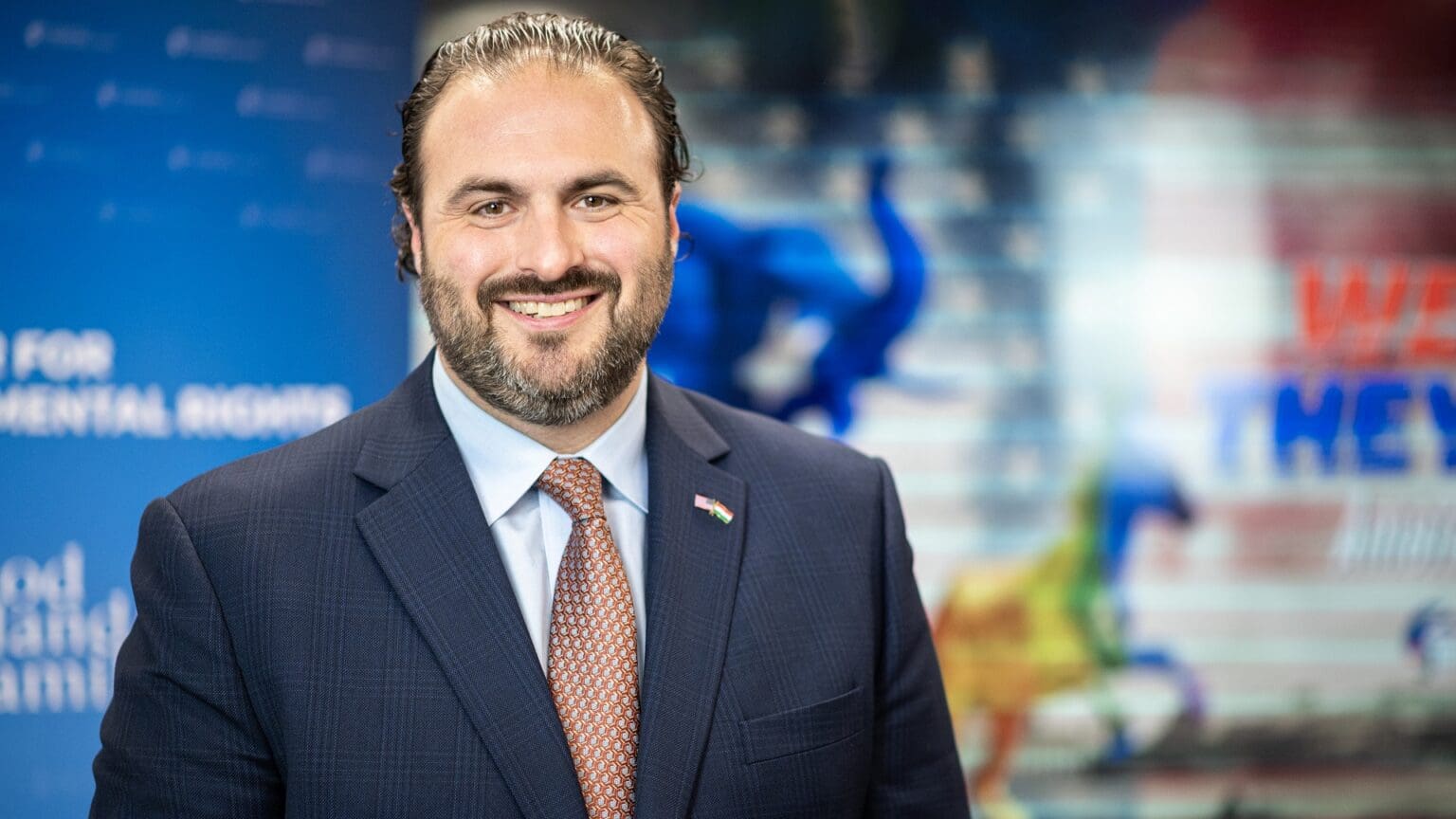
Center for Fundamental Rights Senior Fellow and US Ambassador to Hungary hopeful Bryan Leib has sent an open letter to the CEOs of major American passenger airlines, urging them to start offering non-stop, direct flights between the most populous American cities and Budapest.
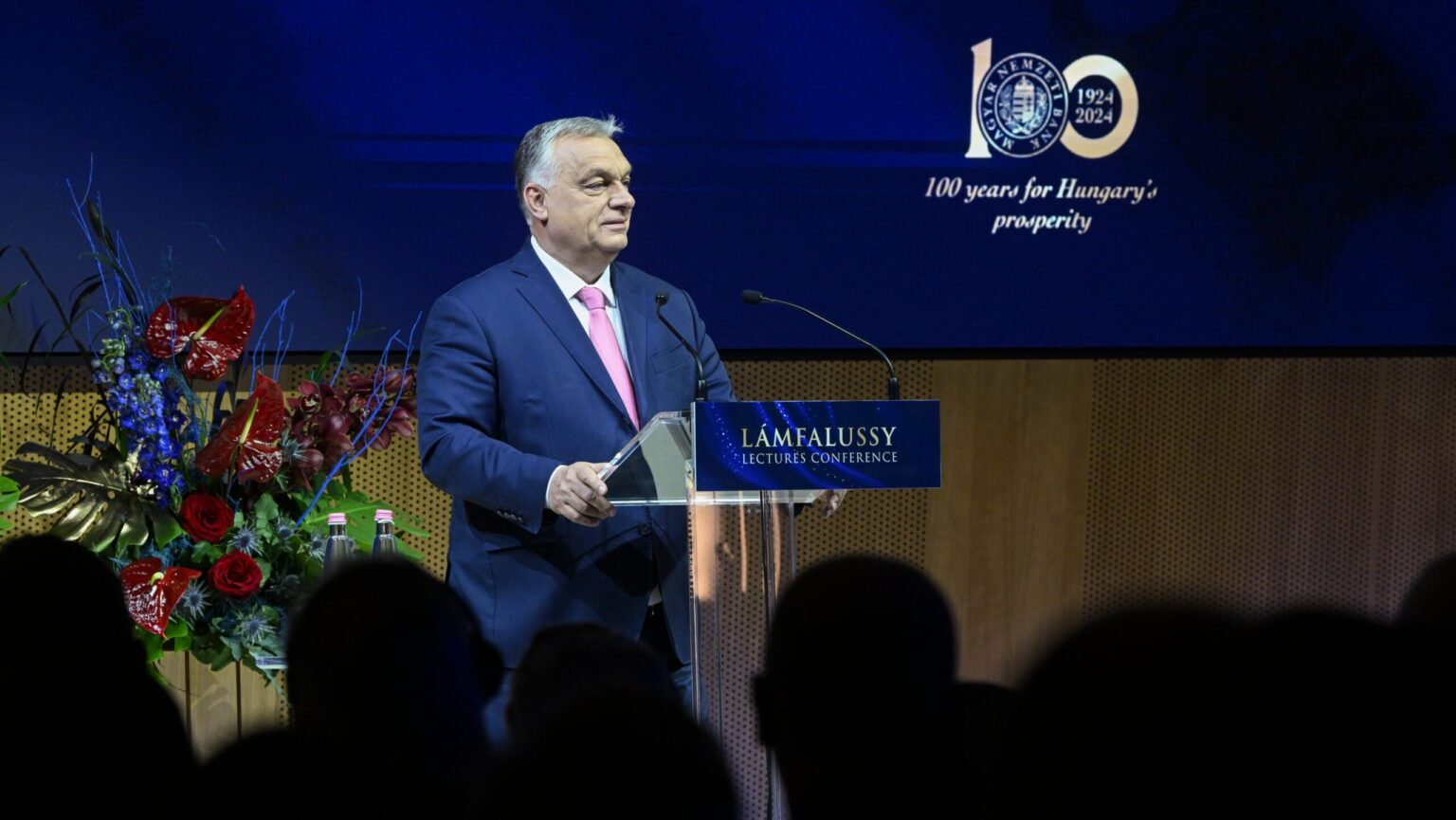
Speaking at the Lámfalussy Lectures Conference, organized by the Central Bank of Hungary, Viktor Orbán asserted that, instead of the Washington Consensus, it is now time to speak of the Budapest Consensus—a framework for nation-states to navigate and thrive in the emerging age of sovereignty.
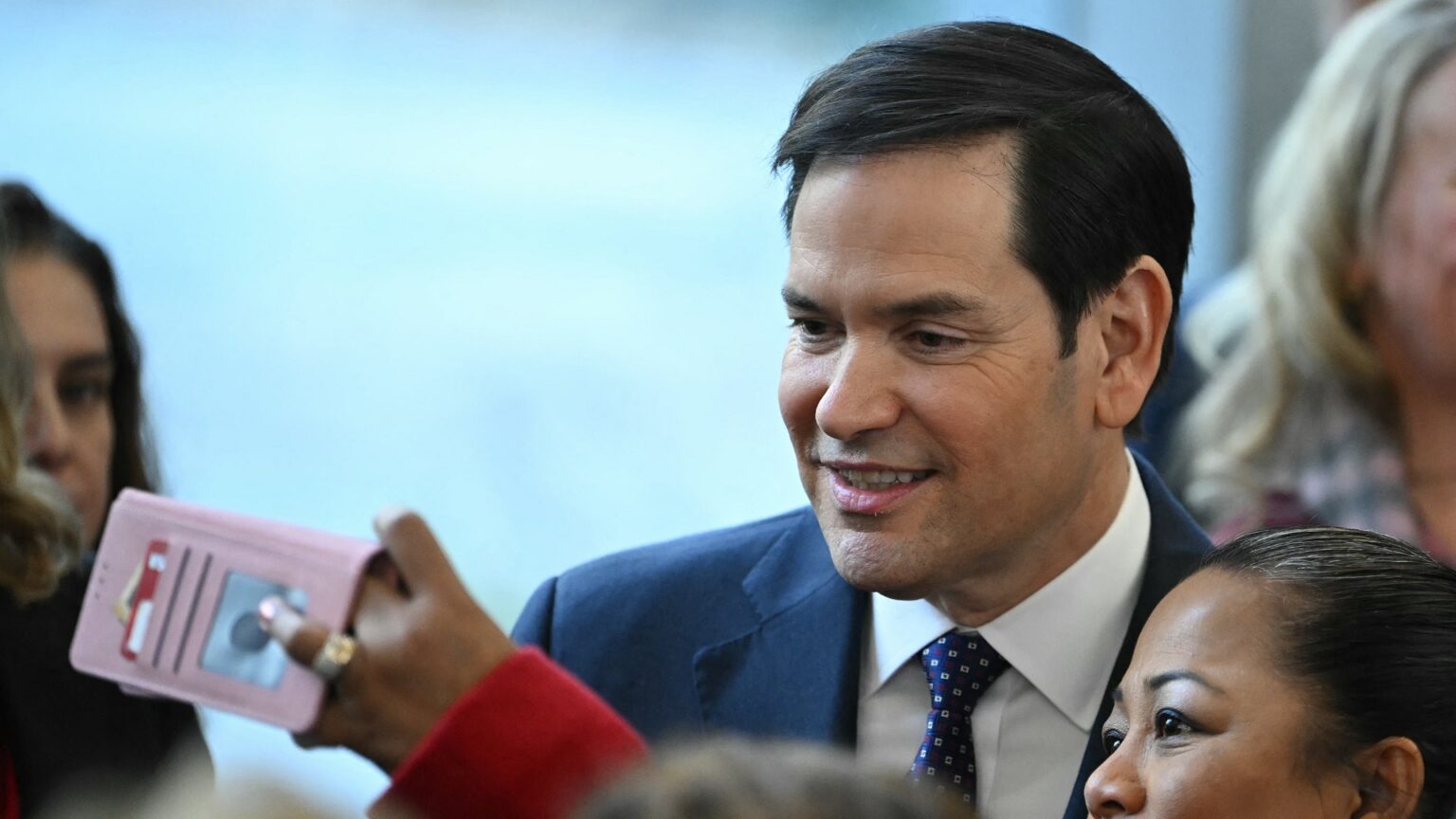
Foreign Minister Péter Szijjártó had a phone conversation with newly confirmed US Secretary of State Marco Rubio on Sunday. Secretary Rubio assured Minister Szijjártó that the vindictive actions of the Biden administration against Hungary will be reviewed.

By voicing his support for AfD on his platform and challenging the taboo of German national guilt, Elon Musk has emerged as a key figure in the right-wing party’s gradual dismantling the ‘firewall’ that mainstream parties have upheld against it for years.

The Tokaj wine region is rising to the challenges posed by climate change and shifting market trends. János Áder, former President of Hungary, discussed these issues with winemaker István Szepsy Jr. in the latest Blue Planet podcast episode.
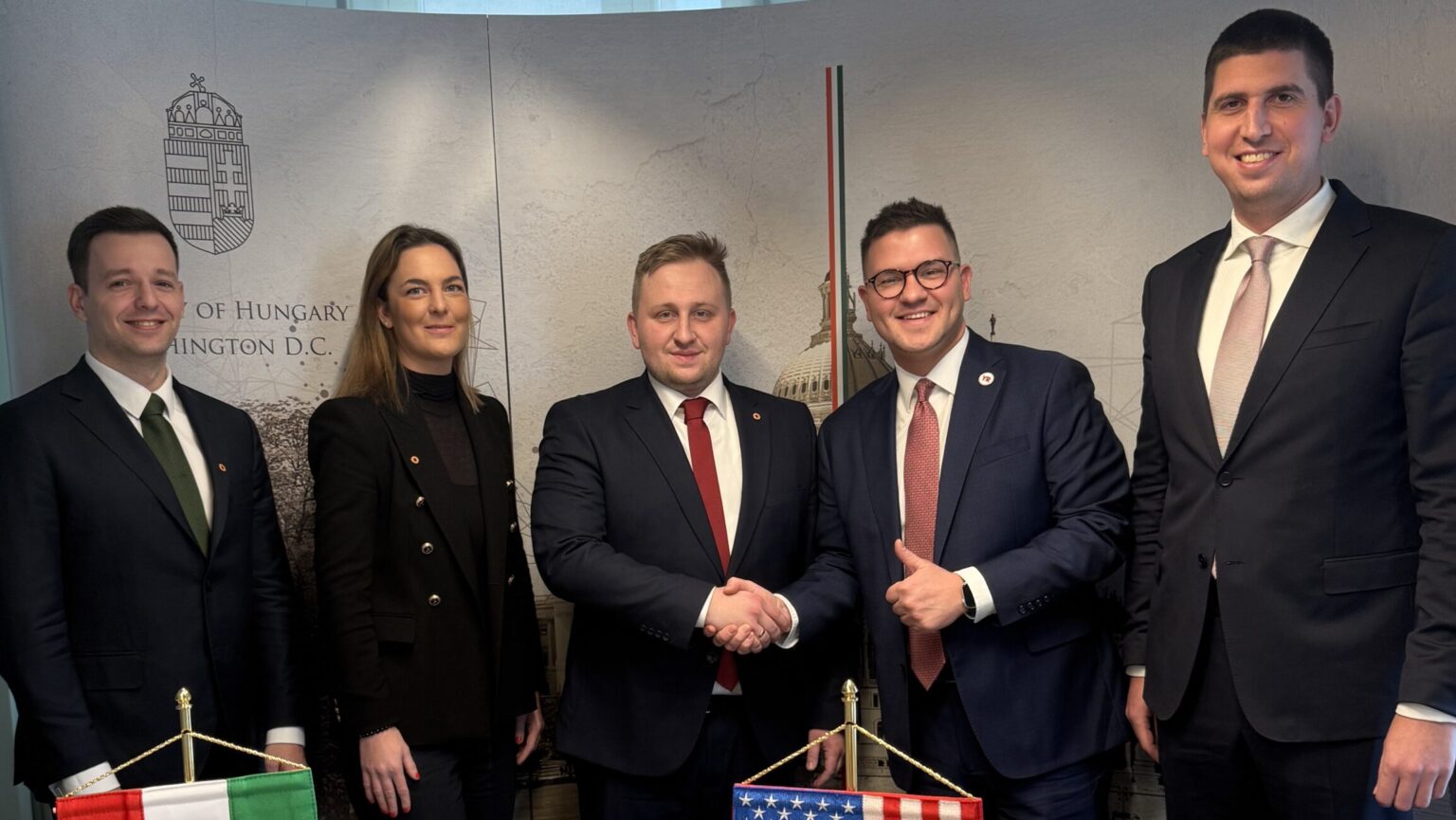
In an interview with Hungarian Conservative, Fidelitas President István Mohácsy spoke about his networking experience in the US where he headed a delegation invited to the inauguration of President Trump.
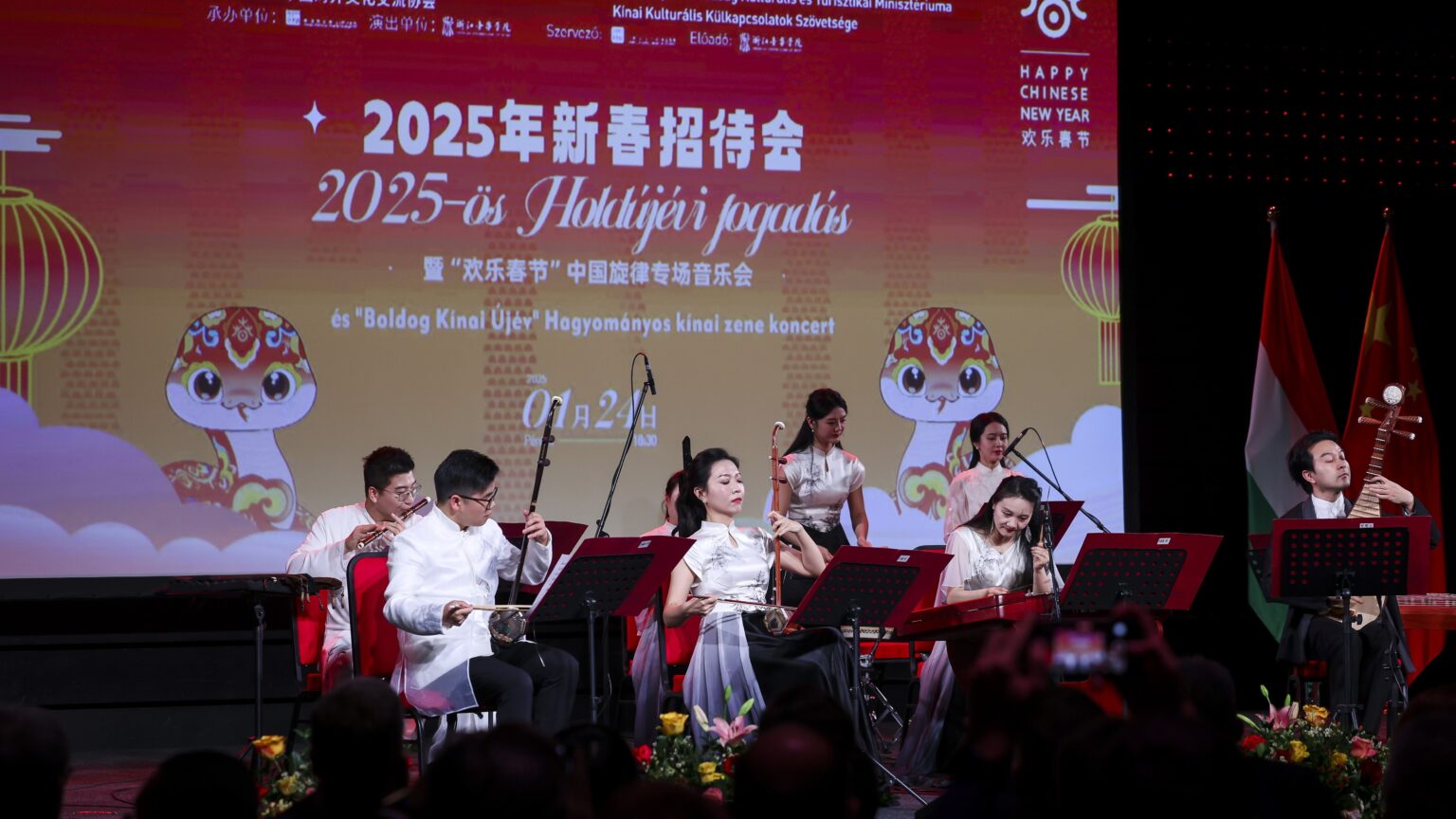
Hungary’s government reaffirmed its commitment to strengthening ties with China during a Lunar New Year celebration in Budapest.

In an interview on Tara Palmeri’s podcast, journalist Marc Caputo revealed that he was told while working for POLITICO not to write about the Hunter Biden laptop story, which could have damaged Democrat nominee Joe Biden before the 2020 election.

Hungarian Prime Minister Viktor Orbán reflects on the nation’s resilience and leadership during the COVID-19 pandemic in a newly released documentary. The film chronicles the efforts of government, healthcare, and everyday heroes during one of Hungary’s greatest challenges.
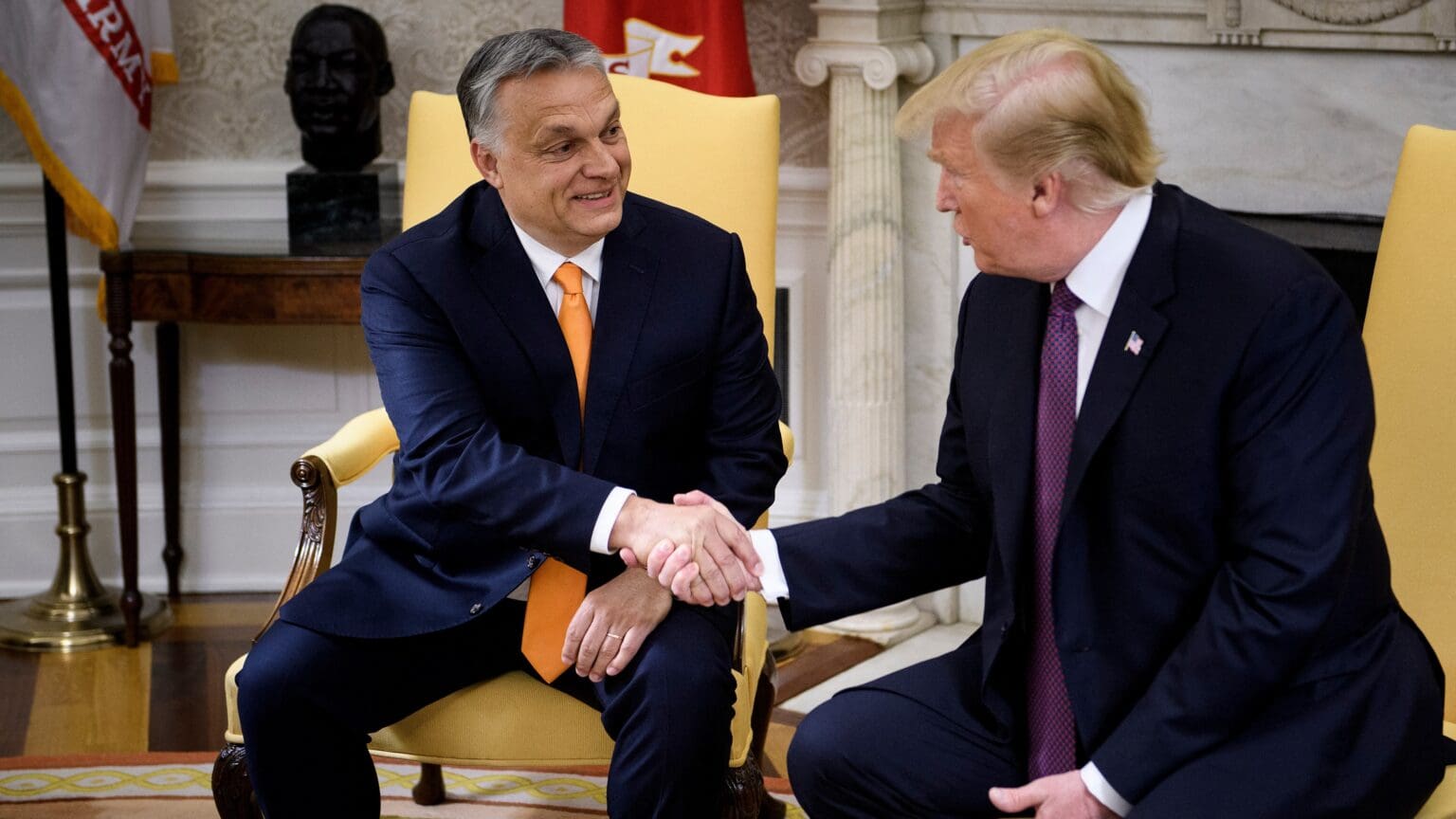
Hungarian Prime Minister Viktor Orbán has instructed his cabinet to prepare an agreement to reinstate the double taxation treaty between Hungary and the United States, unilaterally terminated by the Biden administration. The scrapping of the agreement by the previous US government caused significant economic and political harm to Hungary.

‘It is the metaphysical distinction between act and potency that brings depth to being, since it reveals to us that being is not just a fact that is or is not in a shallow binary fashion, but is something that hides in itself a treasure, potency namely, that can be increasingly brought to light through a process of actualization.’
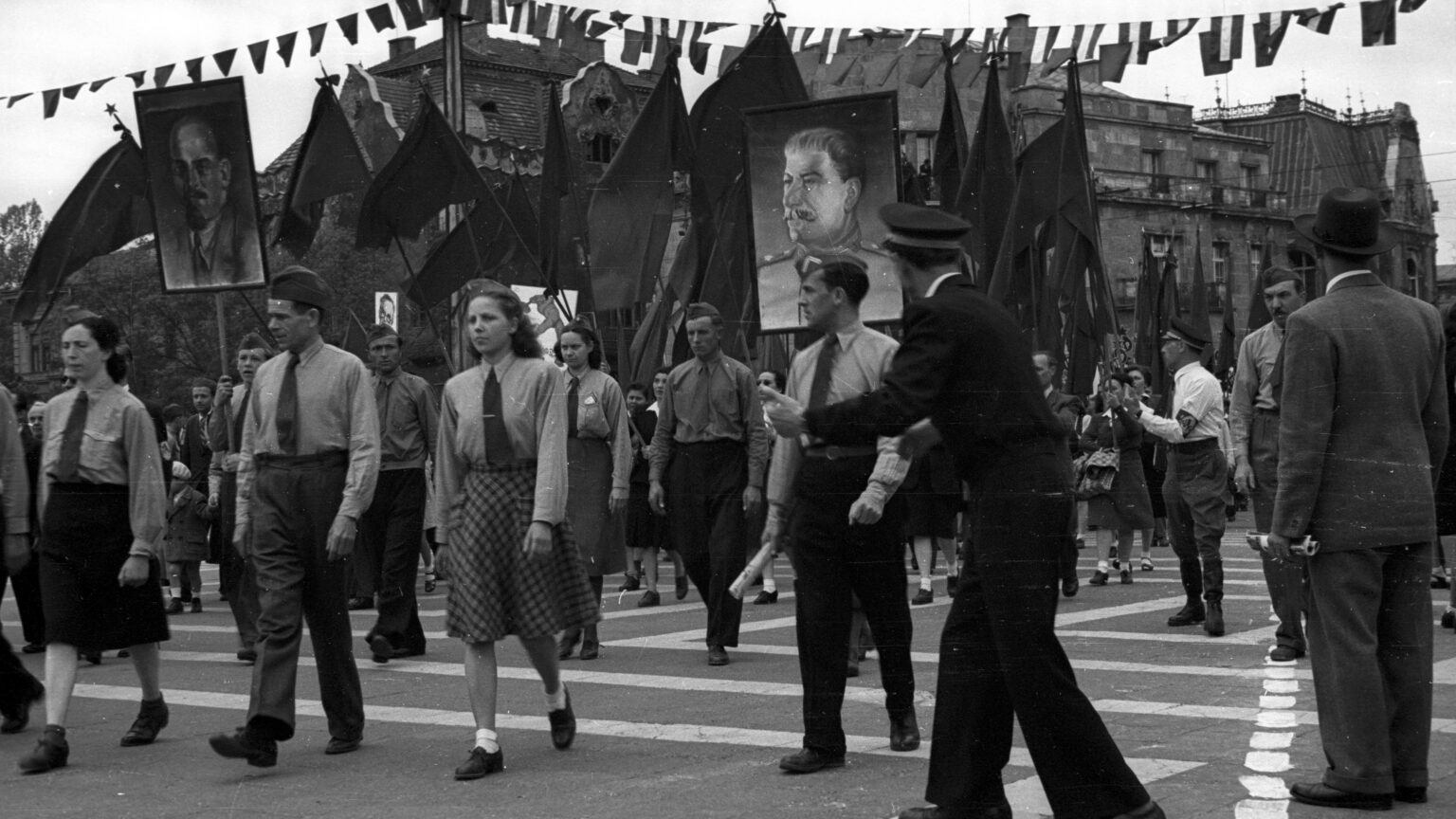
The obituary of László Geréb, who died in 1962, described him as a Marxist literary historian and a researcher of the class struggle. Perhaps by then no one remembered that Geréb, once known as László G. Gerő, used to be a promising Hungarian Jewish Zionist publicist and journalist.

In his inaugural address, Donald Trump did not skimp on sweeping promises and tough talk. The old-new President of the United States promised a new golden age for the country, decisive action to protect its economic interests, as well as immediate measures to curb illegal migration.

The world press has covered the Israel–Hamas ceasefire deal in great detail, but little has been written about the three brave Israeli women who were the first to be released as part of the deal. Out article tells their story, also reminding that a Hungarian Israeli is still held by Hamas.

‘Everything I learned in sports has contributed to who I am today. That’s why I believe that when I have children, I’ll encourage them to do sports as well… It’s a blessing because it teaches discipline, focus, self-control, and perseverance.’
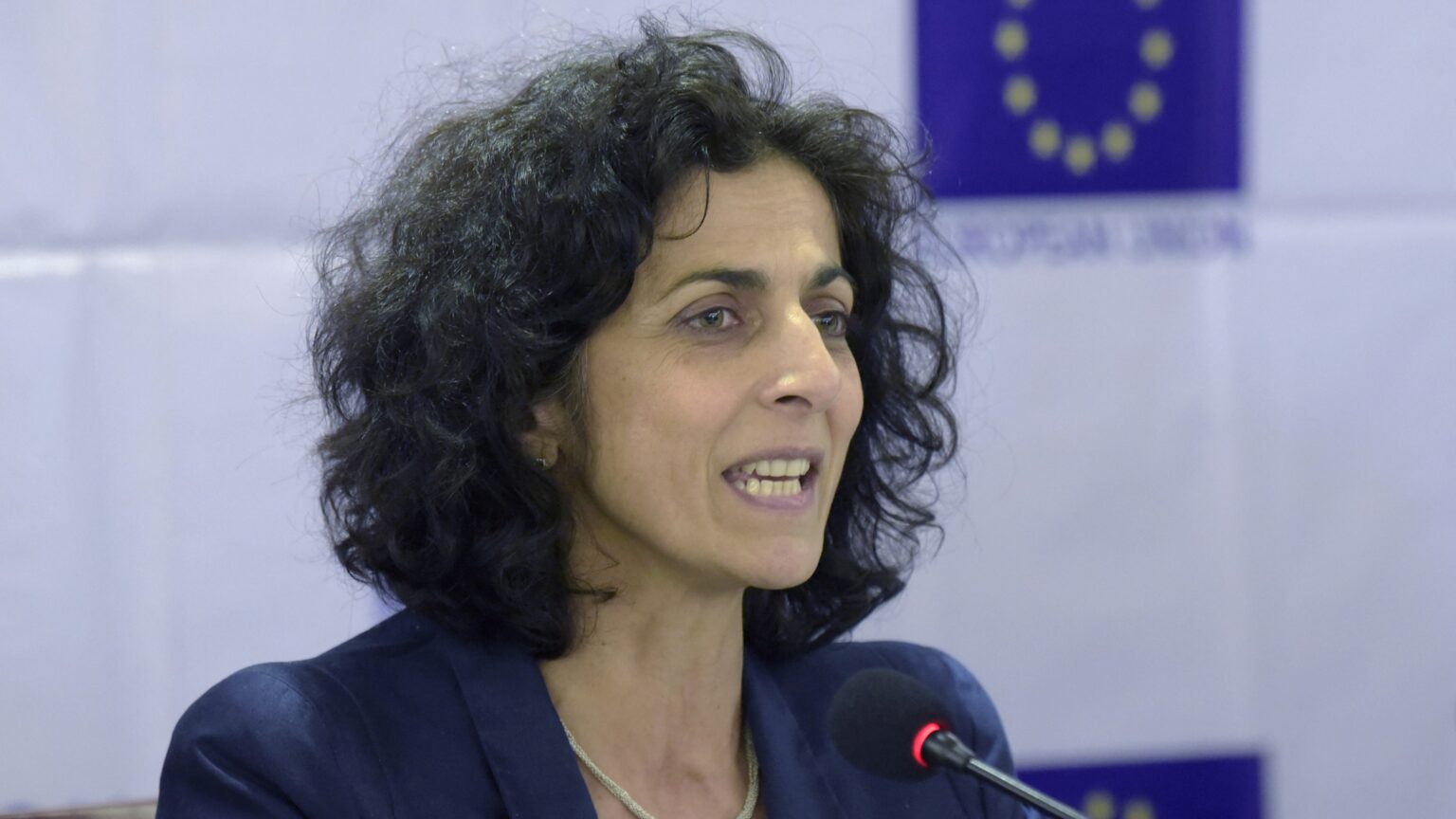
Ex-S&D politician and former MEP Maria Arena has recently been charged with participating in a criminal organization. The Belgian politician is joining the line of former MEPs who are facing formal accusations of making political favours for countries such as Qatar and Morocco in exchange for monetary reward.

From deep Appalachia to the White House, JD Vance has travelled a long road to becoming the 50th Vice President of the US. Along the way, his political views have evolved, shifting from opposing Trump to becoming a staunch MAGA Republican. Vance also loves Hungary, and he is not shy about it—he is one of the most vocal supporters of Viktor Orbán and his policies overseas.
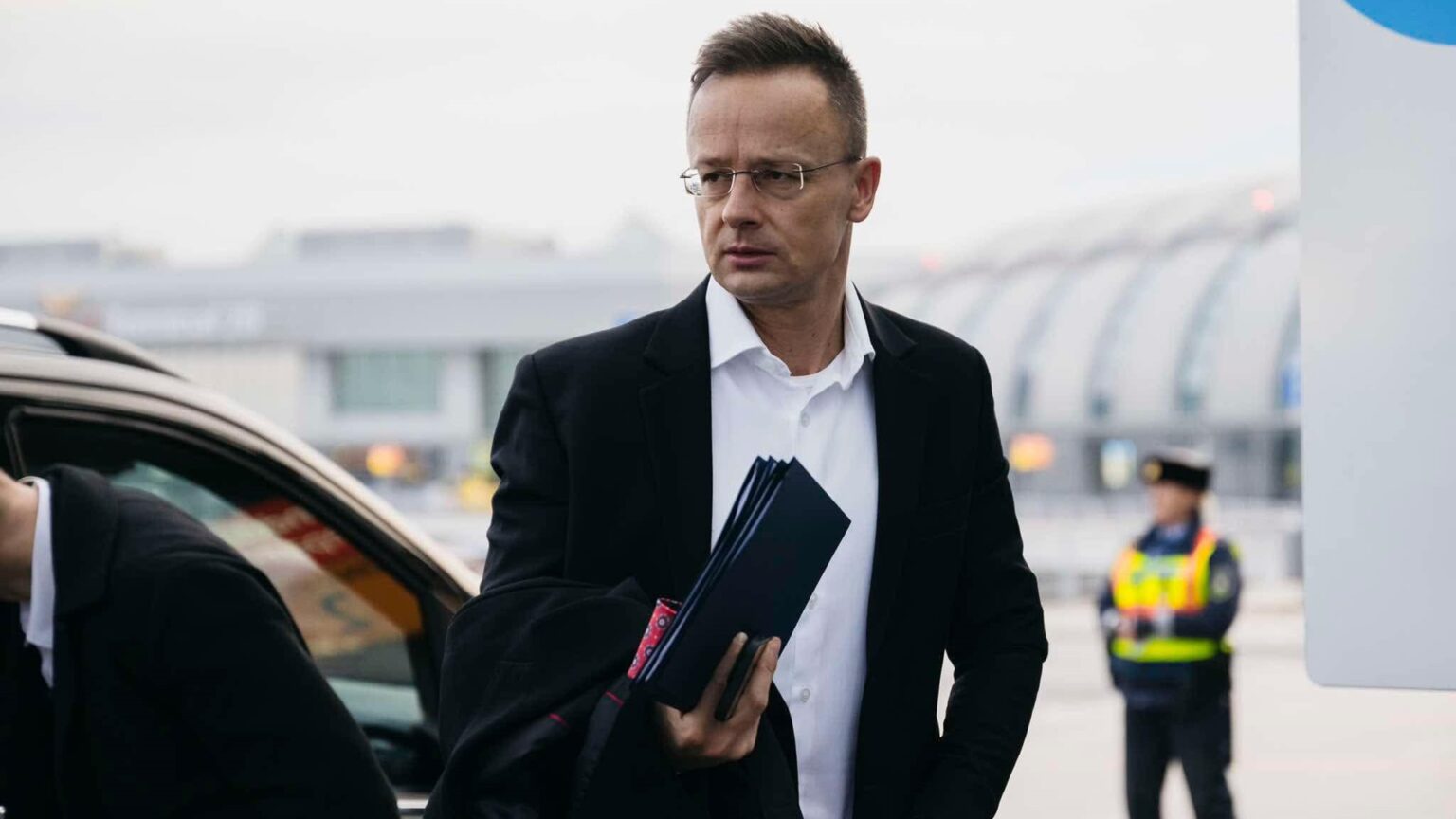
Foreign Minister Péter Szijjártó of Hungary met with Mercedes-Benz executive Jörg Burzer this week, and stressed the importance of cooperation with the German car manufacturing giant in a Facebook post afterwards. Mercedes has a plant in Kecskemét, Hungary which currently employs around 4,500 people.

Eliza and Henrietta Huszti were last seen on 7 January near the River Dee in the Scottish city of Aberdeen. Since their disappearance, police have been conducting extensive search efforts in the area, but leads remain scarce.

A new television series titled Puskás will explore the most thrilling decade of Hungarian football legend Ferenc Puskás’s life, chronicling his journey from ‘Öcsi’ of Kispest to becoming a global star with Real Madrid during the 1950s.
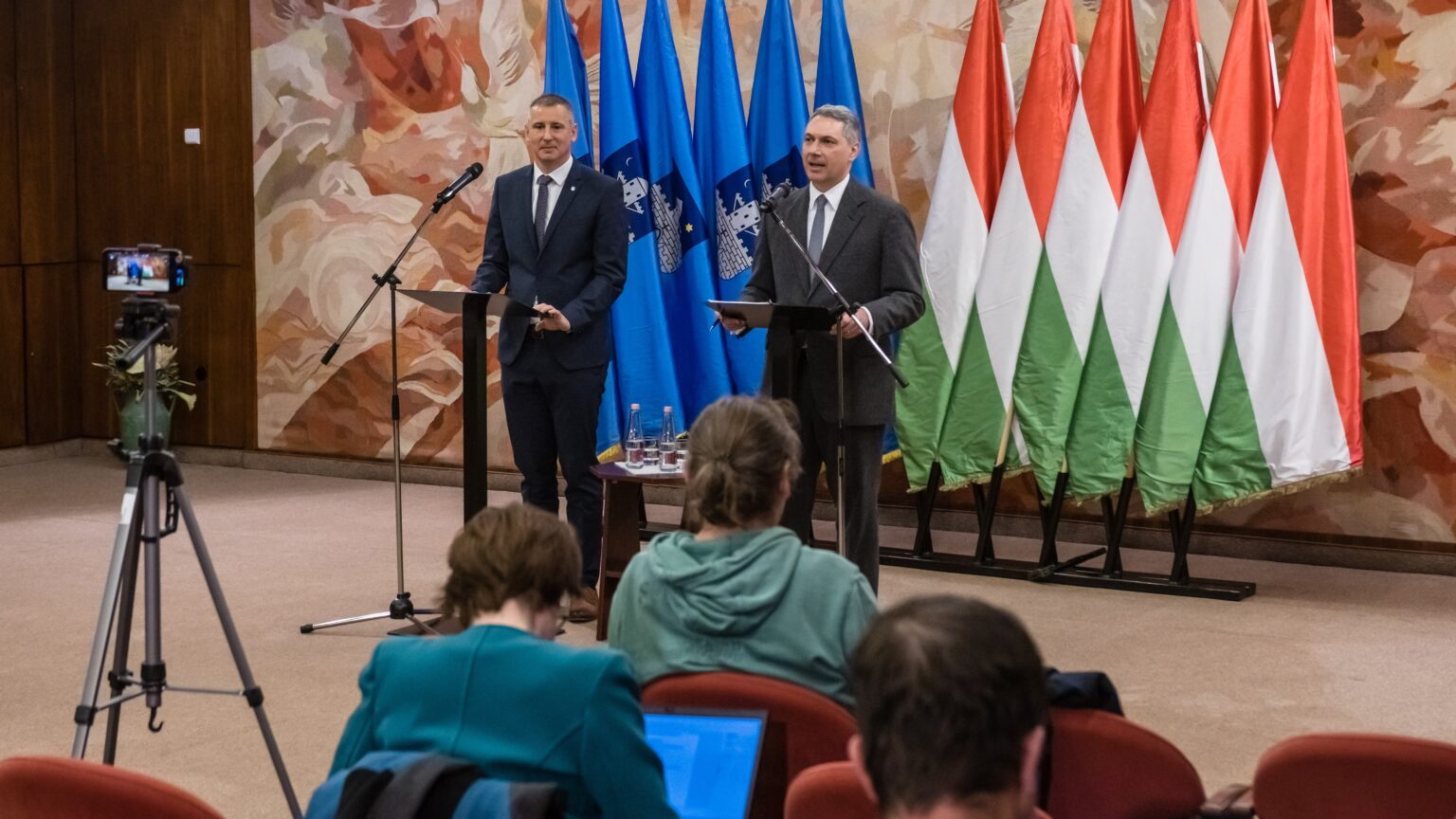
The Hungarian government has unveiled ambitious plans to construct a 40-kilometre motorway connecting Szombathely to Körmend and Kőszeg by the end of the decade. The 200-billion-forint project aims to bolster regional connectivity and economic growth in the area.

As Donald Trump and his boarder czar Tom Homan have promised, ICE started apprehending illegal aliens all across the United States on day one of the new Trump administration. They also go into sanctuary cities, which refuse to cooperate with federal agencies in their deportation efforts.

Prime Minister Viktor Orbán addressed recent bomb threats and national security issues in his regular public radio interview, emphasizing the need for vigilance and resilience. He highlighted Hungary’s stance on migration, energy security, and its strategic position in Europe and beyond.
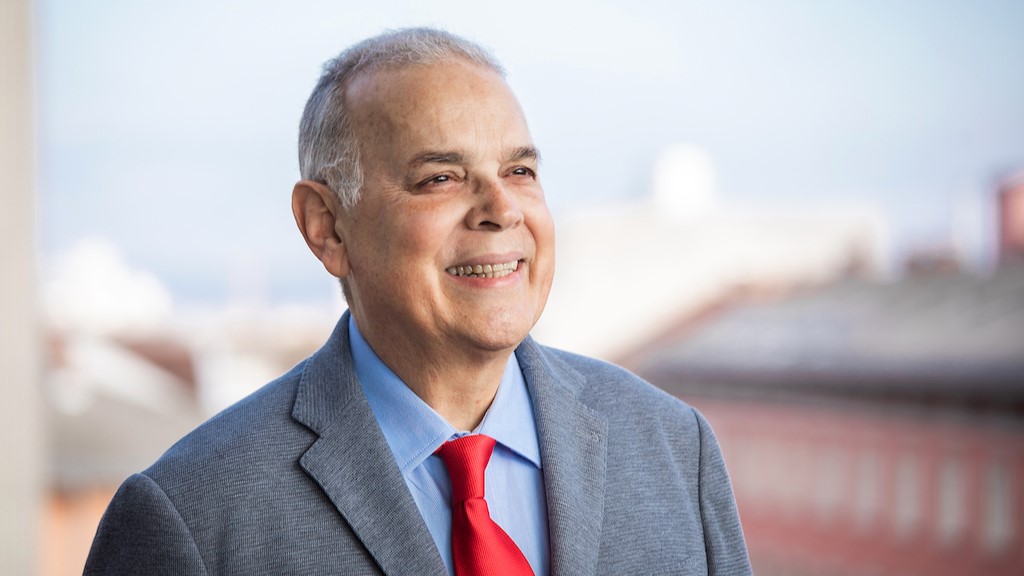
‘Unlike France and Germany, Hungary has not been affected by cultural Marxism or wokeist ideology, so our peoples—Latin American and Hungarian—fundamentally share the same values, based on love for God, country and family.’

Incidents similar to the bomb threats in Hungary on Thursday morning have been occurring across the region in recent days, spanning Austria, Slovakia, and Bulgaria. Given the cross-border nature of these threats, Interpol is expected to join the investigation.
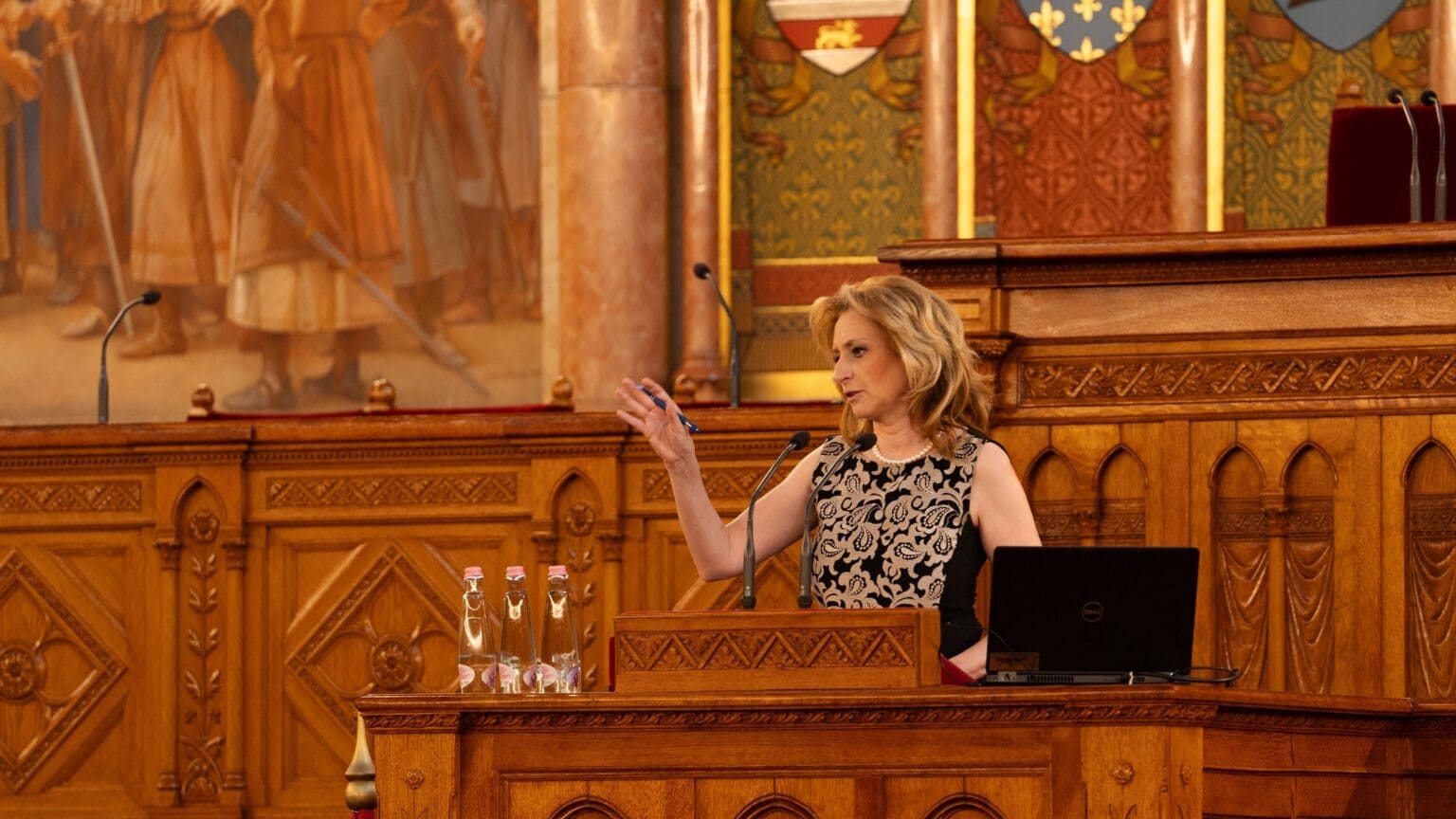
Ministerial Commissioner for Space Research Dr Orsolya Ferencz has stated that it is important for the EU to compete with the global players in the space sector, such as China, India, the United States, Russia, Japan and the Arab countries. To achieve this, the EU needs a common space law and cooperation among its member states.

The latest episode of the Danube Institute’s podcast examines the emerging new world order under a Donald Trump presidency. Hosted by Rod Dreher, the episode features expert predictions on significant shifts in US foreign policy and their broader global implications.
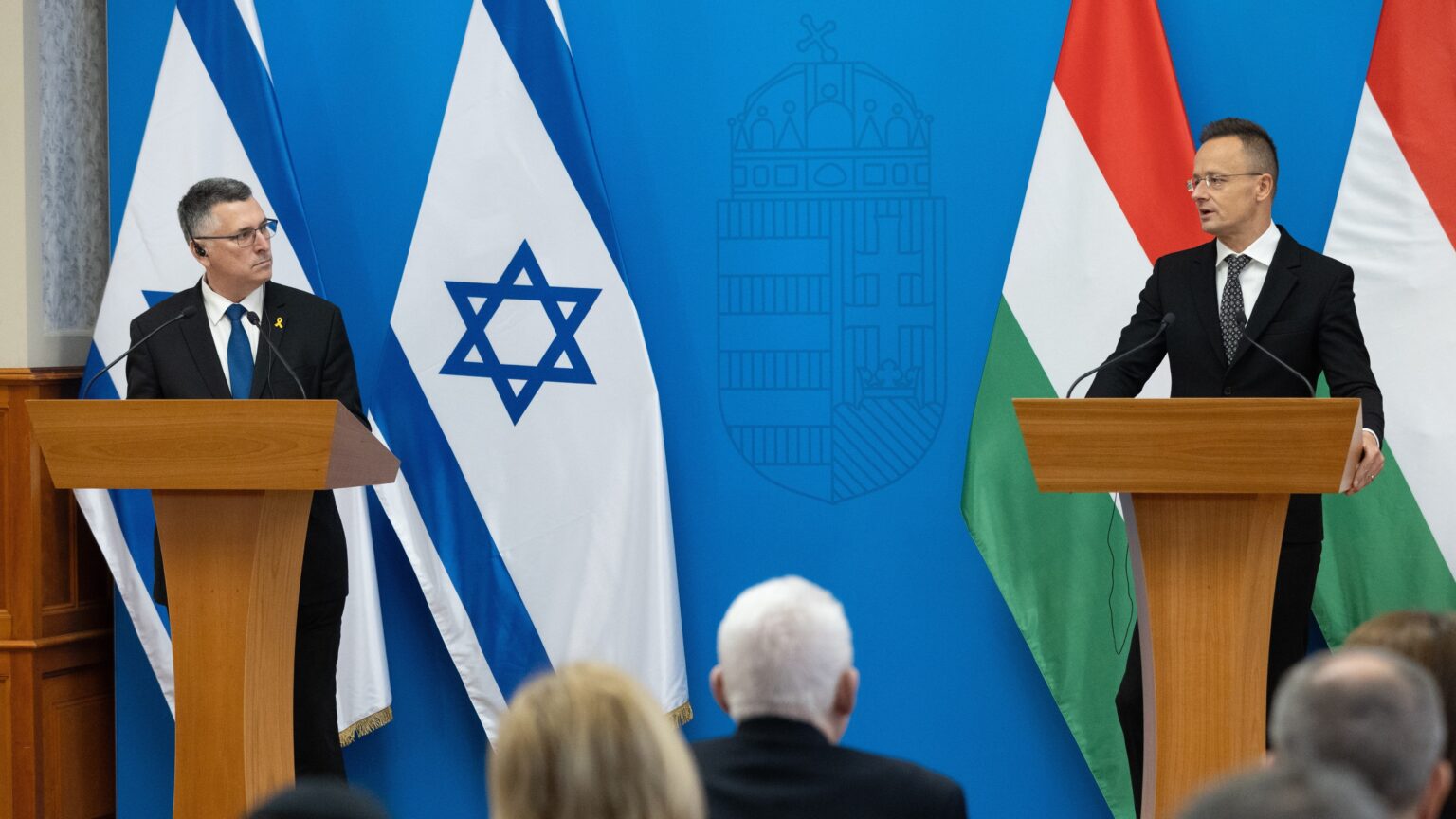
During his joint press conference with his Hungarian counterpart in Budapest today, the Israeli Foreign Minister thanked Hungary for standing by Israel at international forums. The press conference also addressed the situation of the Hungarian hostage held captive by Hamas.

Elon Musk’s gesture at one of President Trump’s inaugural balls is getting a lot of mainstream media coverage, with many comparing it to a Nazi salute. However, such associations tend to not stick with the public at all by now, as proven by the events leading up to the 2024 US presidential election.
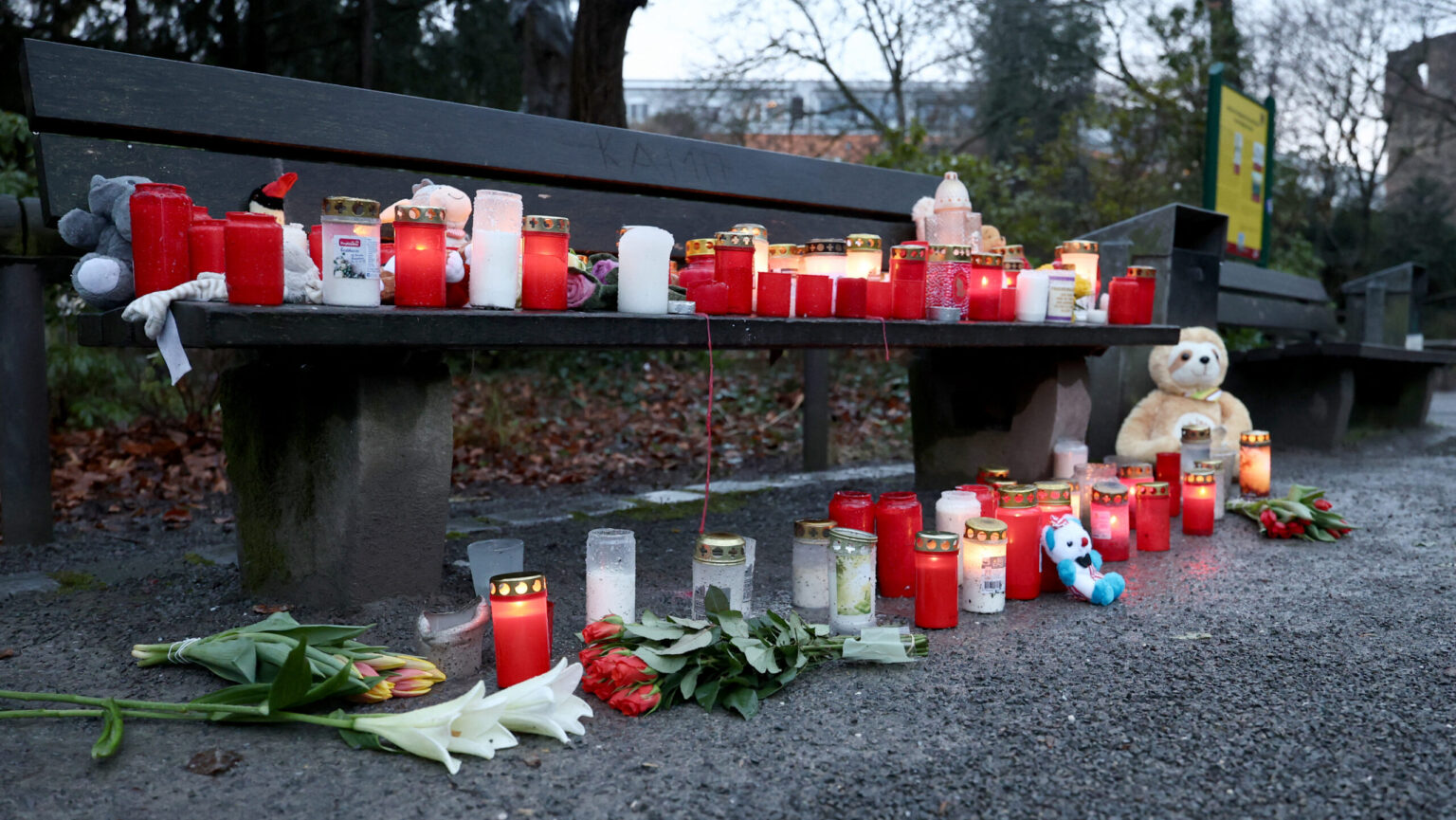
An Afghan migrant, killed two people, including a toddler, in a knife attack in the German city of Aschaffenburg. The tragic incident marks the fourth immigration-related attack in just over six months, further heightening tensions ahead of the early elections in February.